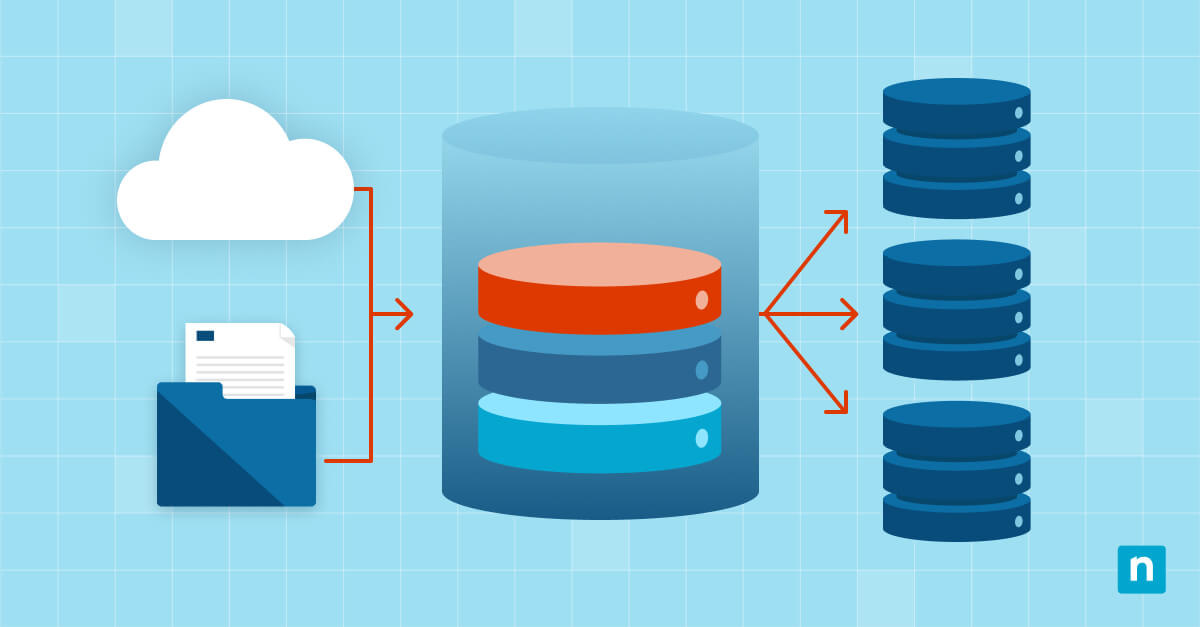1. What Is a Data Mart: An Essential Guide to Efficient Data Management
18 jan 2024 · A data mart is a subset of enterprise data warehouses. Data marts are tailored to meet the specific needs of a business unit or department.
Take a deep dive into the world of the data mart, a growing and important subset of the enterprise data warehouse.

2. enterprise data warehousing architectures on premise vs cloud
Enterprise data warehouse model contains aggregated data from all business units and it spans across the entire organization. Loading Data into a Warehouse.
Digital Transformation is the buzzword across all forms of enterprises. Enterprises of any type thrive on data and associated digital reports which drive the business towards better business decisions. Scattered and unorganized data leads to chaos and confusion, and will not help in any way...

3. Data Mart vs. Data Warehouse: Key Design Differences - LinkedIn
11 apr 2024 · Unlike a data warehouse, which serves as a centralized repository for the entire enterprise ... data analysis that spans the entire organization.
Explore the fundamental differences between data mart and data warehouse designs in the context of effective data warehousing strategies.
See AlsoChecking account showdown: Our guide to the 10 standout options58' Meridian 580 Pilothouse for Sale | Motor Yachts | Hakuna Matata 2818800We Didn't Know We Needed This $8 Footwear Upgrade Until We Read These Adoring ReviewsPlumbing Solutions of Idaho hiring Install Plumber in Meridian, ID | LinkedIn

4. Data Mart vs Data Warehouse: What's the Difference?
11 jun 2024 · A data mart possesses information about a particular business ... While Data Warehouses cover a broad subject area that spans the entire ...
Check out this blog about Data Mart vs Data Warehouse and explore how they are the backbone for comprehensive analytics.

5. Data Warehouse Architecture: Traditional vs. Cloud Models
... data warehouse models: virtual warehouse, data mart, and enterprise data warehouse: ... data warehouse contain aggregated data that spans the entire organization.
Data warehouse architectures are changing. Learn about traditional EDW vs. cloud-based models with lower costs, improved scalability, design & performance.

6. Enterprise data warehouse: From raw data to unified analytics - N-iX
18 sep 2023 · Data sources span databases such as CRM and ERP, as well as flat files (CSV, Excel) and external data (market research, demographic data). They ...
Learn how to streamline your decision-making with an enterprise data warehouse and build a customized EDW to match your business needs.

7. [PDF] UNIT I DATA WAREHOUSING Data Warehouse Introduction
• Enterprise Data warehouse: It collects all information about subjects (customers, products, sales, assets, personnel) that span the entire organization.
8. [PDF] Unit-II Data Warehousing and Online Analytical Processing
Data Warehouse Models: Enterprise Warehouse, Data Mart ... A data warehouse collects information about subjects that span the entire organization, such as ...
9. Data Mart and Data Warehouse: What's the Difference? - IT Briefcase
28 dec 2022 · ... data warehouse is often enterprise-wide and spans numerous areas. ... It may represent the entire company or enterprise-wide library of different ...
In this article, I will explain the difference between a data warehouse and a data mart and which one is best suited for your company to store data.
10. What is a Data Warehouse? | Definition & Overview - NinjaOne
22 jan 2024 · ... entire organization. By providing a unified view ... This type of data mart relies on the enterprise data warehouse for its source of data.
Learn the definition and inner workings of a data warehouse, a crucial component in modern analytics.

11. The Extinction of Enterprise Data Warehousing | by Piethein Strengholt
30 sep 2020 · This selected subset, which is optimized for the read performance of the use case, is called a data mart. Kimball style. Ralph Kimball's view is ...
Data warehousing and business intelligence play an important role in many, if not, all of the large sized organizations working on turning…

12. Data Mart Defined: What It Is, Types & How to Implement | NetSuite
16 jun 2021 · ... the full data warehouse. A finance department data mart might contain all financial information for the entire firm; sales might have a data ...
Data marts help groups within a business make more efficient use of data.
